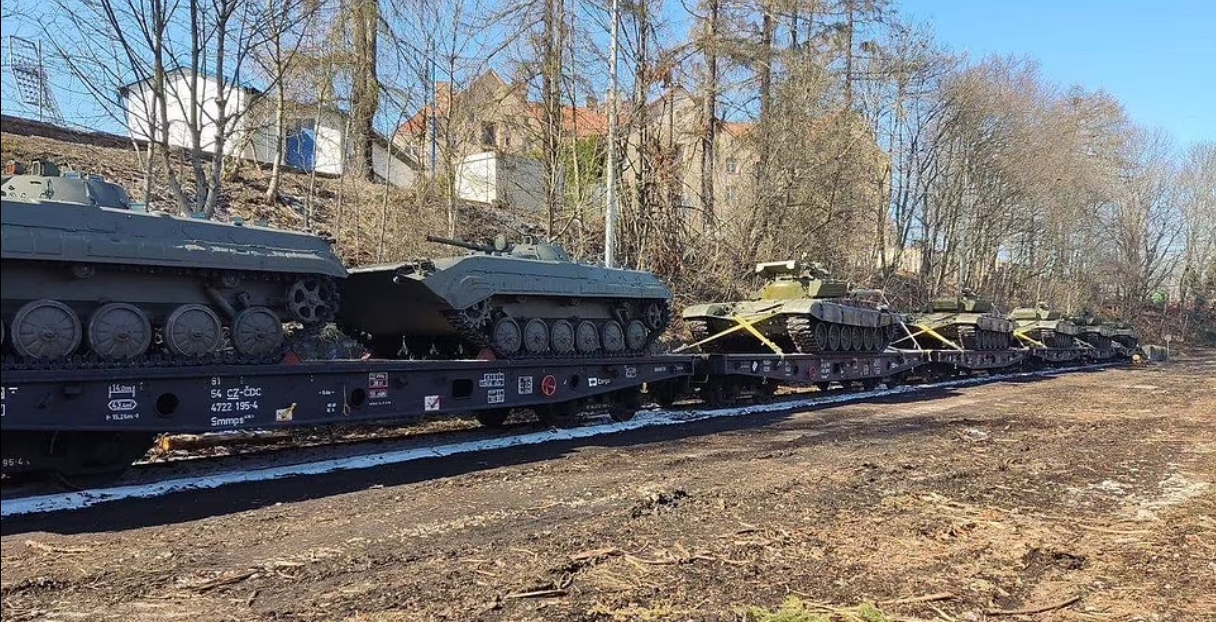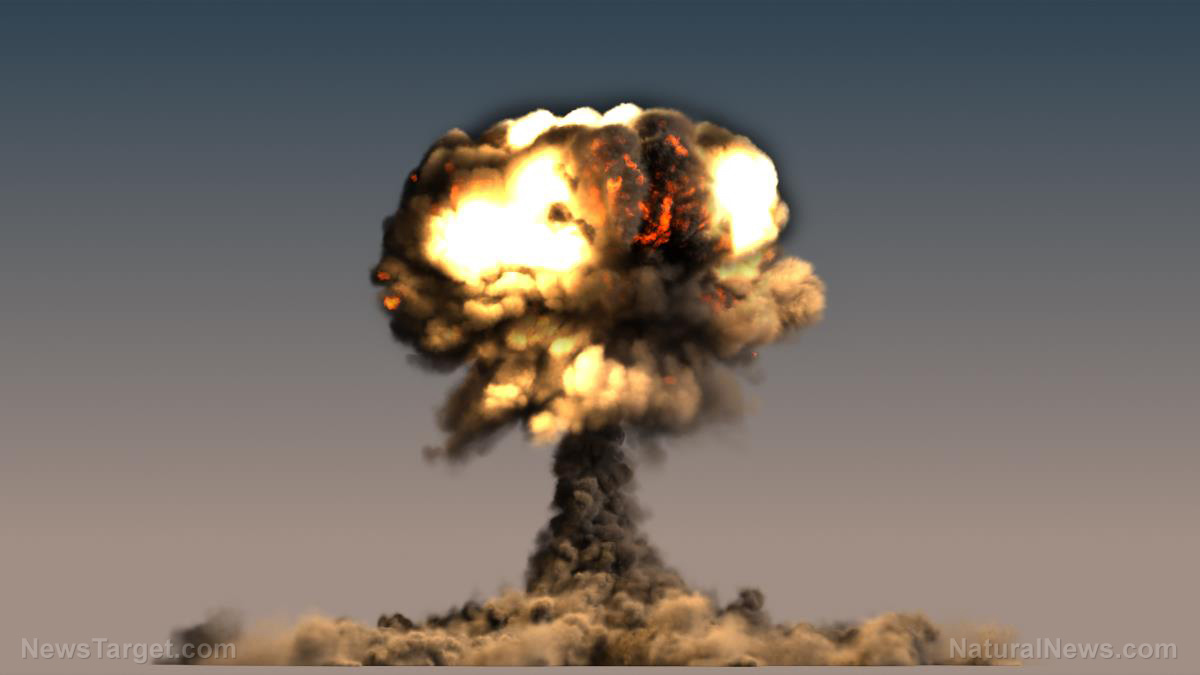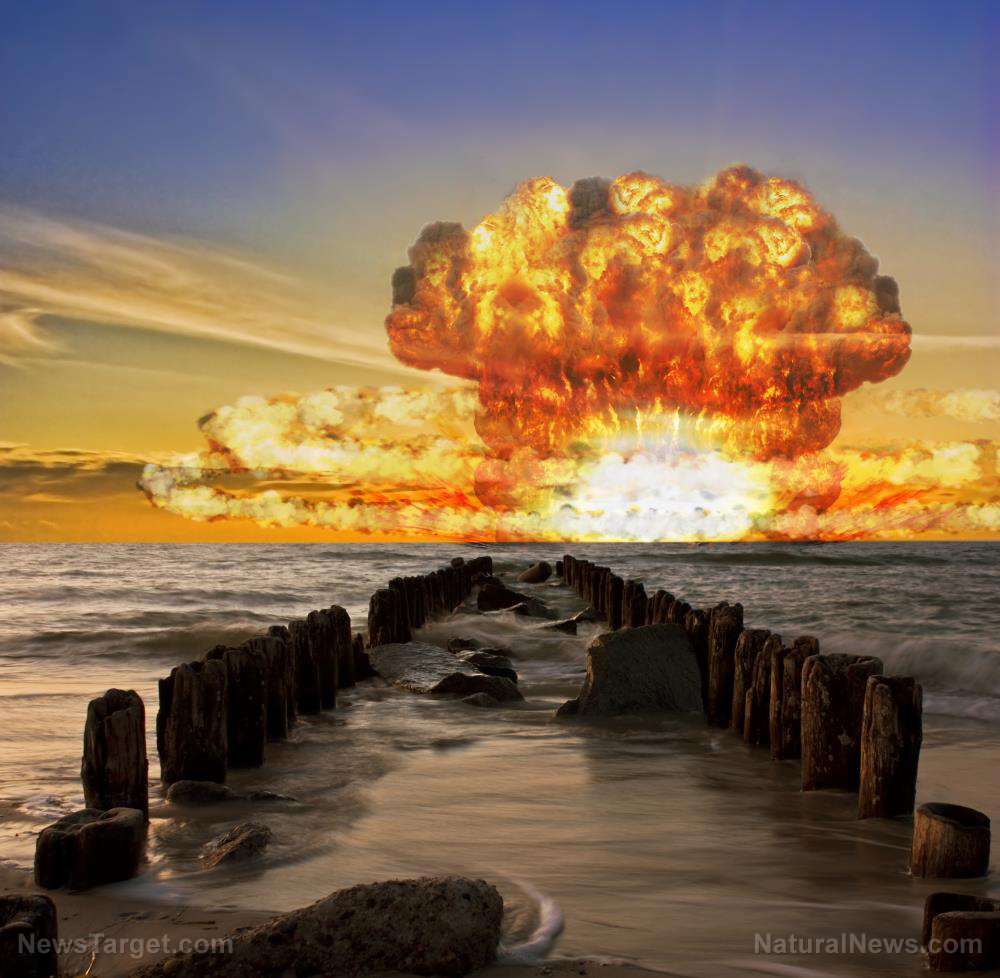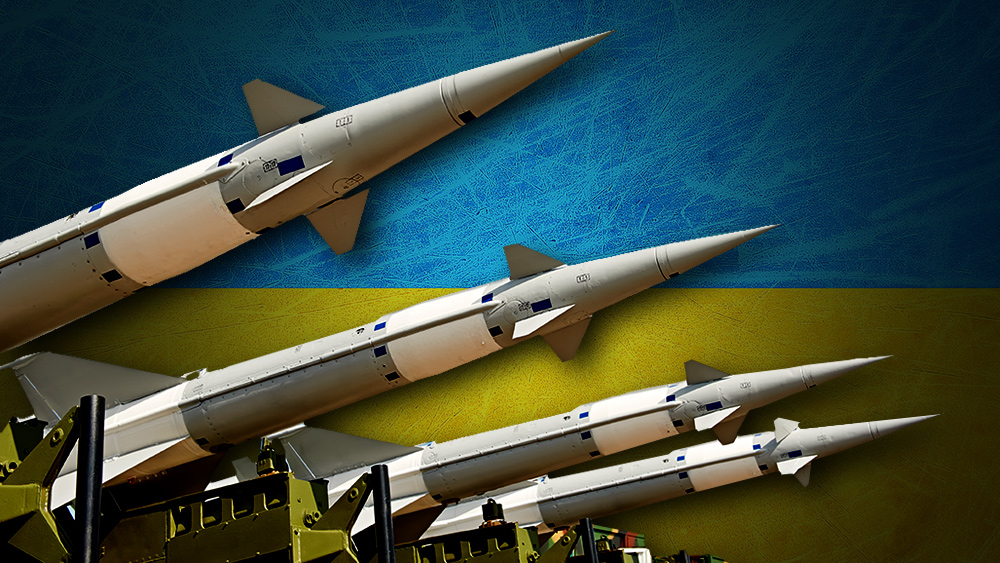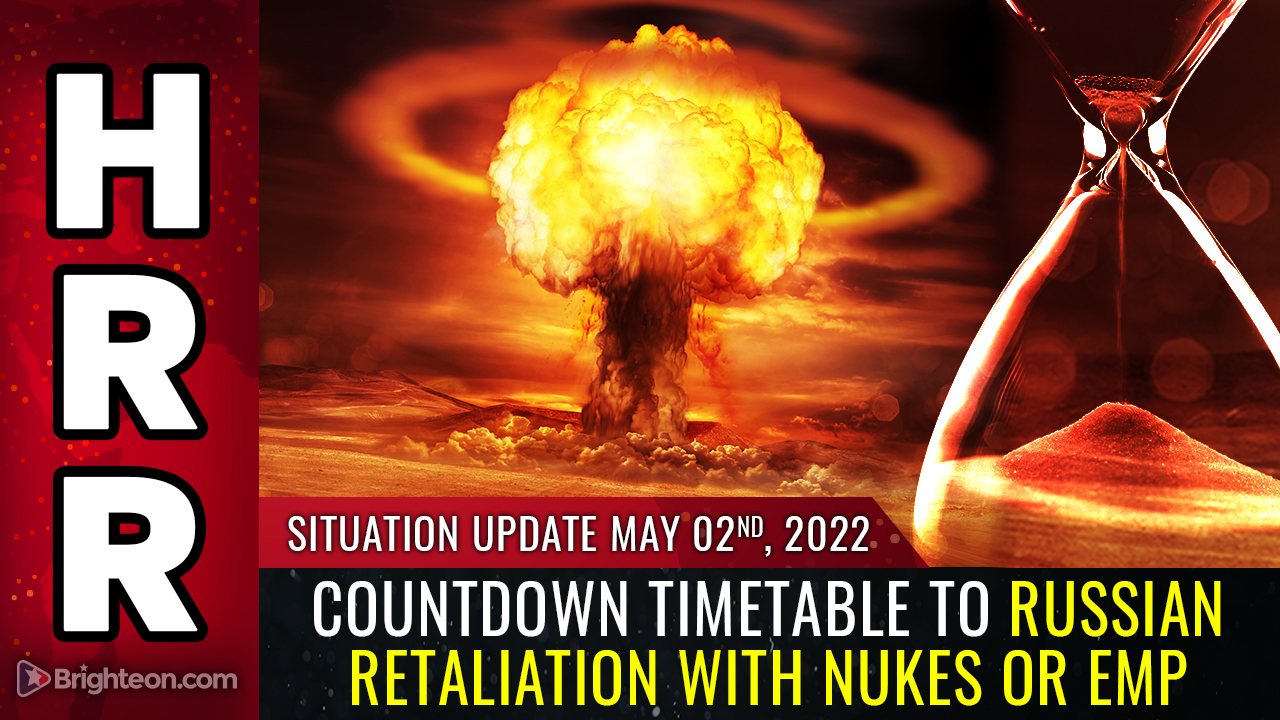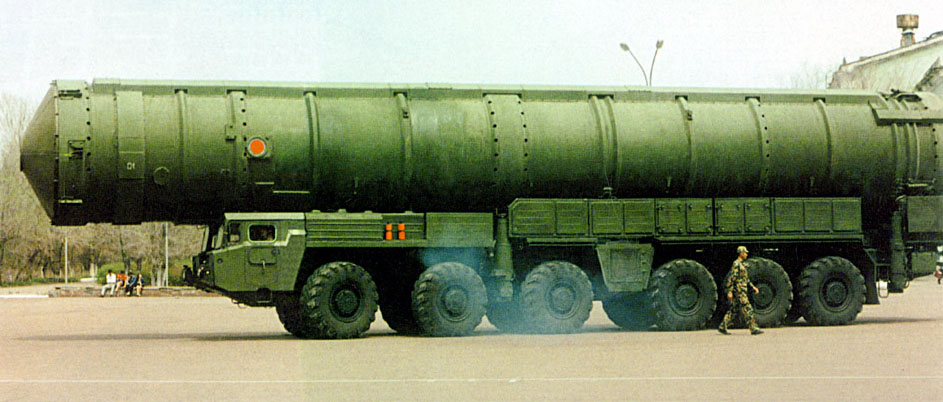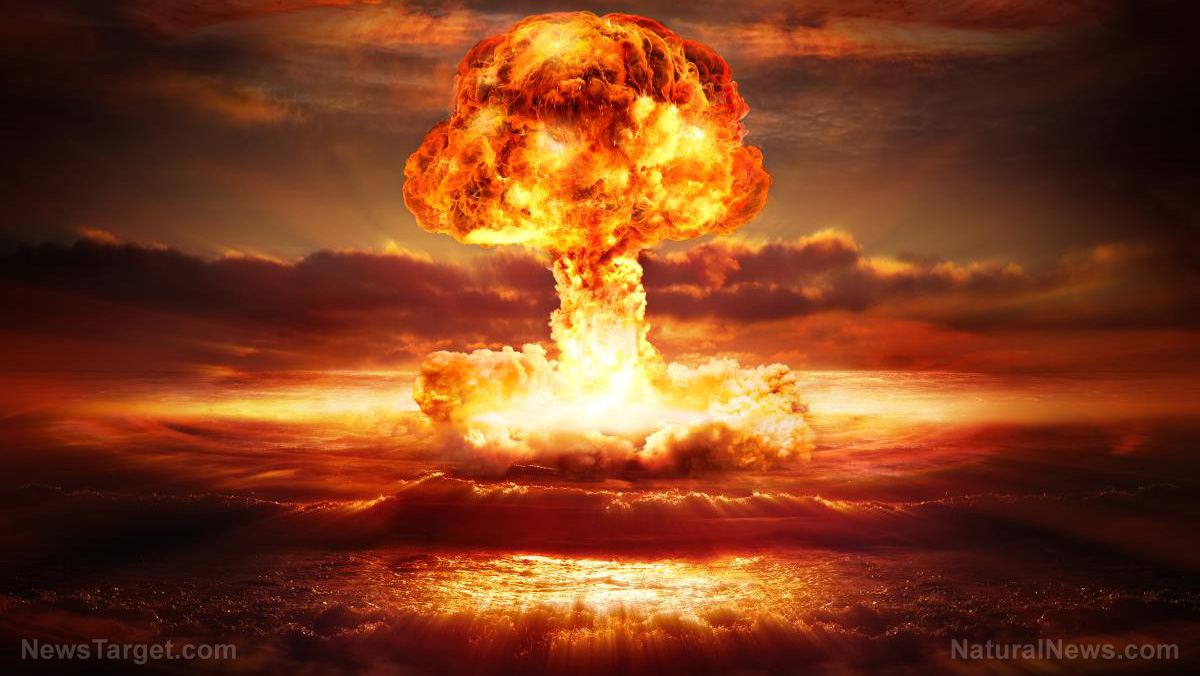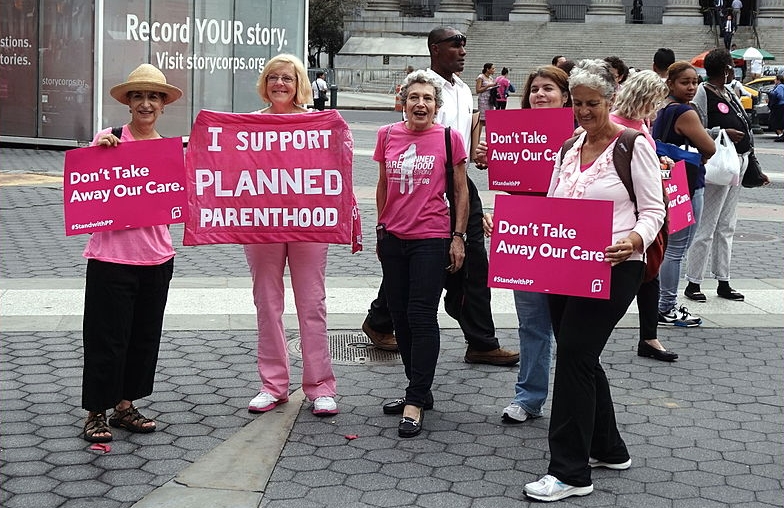Saudi Arabia says it can’t ensure oil supply stability amid “jittery period” of global instability
03/31/2022 / By Ethan Huff

Prince Abdulaziz bin Salman, Saudi Arabia’s energy minister, said his country can no longer ensure energy security due to a “jittery period” in the world’s markets.
What was once a sure and steady supplier of oil has become another casualty, or so we are told, of an escalating world war, which is conveniently collapsing just about everything else that did not already collapse during the Wuhan coronavirus (COVID-19) plandemic.
Speaking at the recent World Government Summit, which is sponsored by the government of Dubai in the United Arab Emirates (UAE), Abdulaziz explained that the cross-border attacks have called into question Saudi Arabia’s “ability to supply the world with the necessary energy requirements.”
The attacks of which Abdulaziz speaks were reportedly carried out by Yemen’s rebel Houthis, which are said to be supported by Iran.
“It goes without saying that if this security supply is impacted, it will impact us. But more fundamentally, I think it also will affect the world economy,” he added.
For many years, Saudi Arabia and the UAE relied on a collective effort to ensure energy security. According to Abdulaziz, “these pillars are no longer there.”
Everywhere you look, fossil fuel supplies are being shut off one by one
Oil prices had already reached record highs around the world amid Russia’s invasion of Ukraine. Then they shot up even higher following the Houthi attacks on Saudi Arabia, the Organization of the Petroleum Exporting Countries’ (OPEC) largest oil producer.
At various times throughout this chapter of the “great reset” saga, Brent crude prices have soared above $120 a barrel.
Officials say that the Houthis used drones and missiles to target Saudi Arabia’s oil facilities. There were also targets attacked in the UAE’s capital city of Abu Dhabi.
An oil products storage facility in the Red Sea coastal city of Jeddah was hit by one of the blasts, which sent up large plumes of black smoke that were visible from the Formula One racetrack where practice laps were underway.
“The war in Yemen – where a Saudi-led military coalition, which includes the UAE, has been battling the Houthis since 2015 – has rattled these two Gulf Arab states, revealing the vulnerability of their oil facilities,” the Associated Press (AP) reported.
“Saudi Arabia has expressed its frustrations in official statements, saying it will not bear any responsibility for shortages in oil supplies due to the attacks.”
Another big reason why oil prices continue to soar is the fact that a deal struck by the world’s leading oil producers, including Saudi Arabia and Russia, in an alliance called OPEC+, intentionally limited oil production throughout the plandemic in order to keep prices from crashing.
A crash would have been good for consumers, of course, but not the fat cats. The fat cats would rather rake in as much cash as they can get their hands on, which is why supplies were artificially limited with a cautious plan to gradually release more barrels on a monthly basis.
Now would be the time to completely lift those restrictions and deliver much-needed oil to wherever it needs to be in the world, but that is unlikely to happen any time soon.
Saudi Arabia is benefitting greatly from the current situation, as is the UAE. The latter’s energy minister, Suhail al-Mazrouei, rejected calls from the United States, many European nations and Japan to pump more oil to feed dwindling supplies.
“What we are asking for (is) not to tell us ‘do this and do that.’ We are experts in our field and we have been doing it for a very long time,” al-Mazrouei stated arrogantly at the summit.
More related news coverage can be found at Collapse.news.
Sources include:
Submit a correction >>
Tagged Under:
chaos, Collapse, conspiracy, corruption, deception, energy security, fossil fuel, global instability, Houthis, inflation, oil crisis, oil prices, oil supply, power, power grid, Russia, Saudi Arabia, supply chain, UAE, Ukraine, World War III, Yemen
This article may contain statements that reflect the opinion of the author
RECENT NEWS & ARTICLES
COPYRIGHT © 2017 WWIII NEWS







